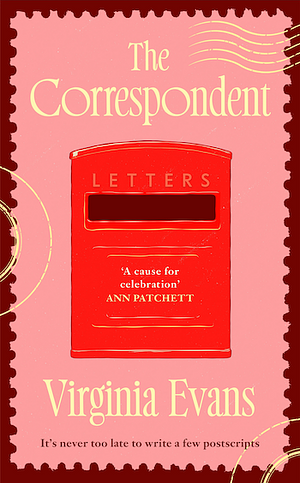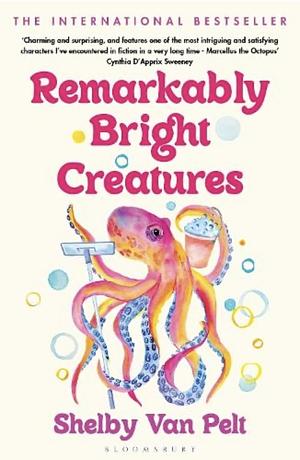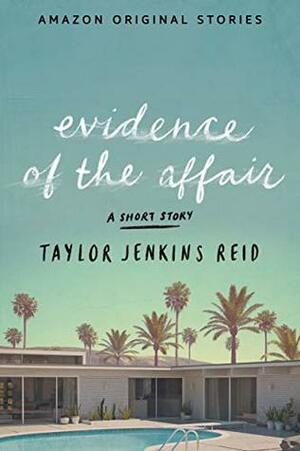
The Correspondent
by Virginia Evans
Genres: GeneralPages: 288
Rating:

Synopsis:A woman tries to heal old wounds and make sense of the world the only way she knows how—through letters—in this charming, laugh out loud debut novel about a life fully lived.
"There is a movie coming out this month and I saw the trailer and it made me think of you. It’s about an old woman who lives alone like a hermit. She is eccentric and rude…."
Sybil Van Antwerp is a mother and grandmother, divorced, retired from a distinguished career in law, an avid gardener, and a writer of letters. Most mornings, around half past ten, Sybil sits down to write letters—to her brother, to her best friend, to the president of the university who will not allow her to audit a class she desperately wants to take, to Joan Didion and Larry McMurtry to tell them what she thinks of their latest books.
Because at seventy-three, Sybil has used her letters to make sense of the world and her place in it. But as Sybil expects her life to go on as it always has, letters from someone in her past force her to examine one of the most painful periods of her life.
Filled with knowledge that only comes from a life fully lived, The Correspondent is a gem of a novel that is a testament to the power of the written word.
I didn’t expect to love Virginia Evans’ The Correspondent: I got it more because it was an epistolary novel that I could review for Postcrossing, and because it looked like it might be a fairly quick read. I found myself very much enjoying the way the author used the letters to build up a picture of the characters (mostly Sybil, but also others) and their feelings, their histories with one another, etc.
It is obvious from fairly early on that Sybil’s been through a lot, but it takes the entire book to fully spin out why she feels the way she feels, why she acts the way she does, why letters have become so very important to her. I quickly got fond of her (while thinking she might be quite annoying to actually know), and of the people around her too.
Three things I didn’t love, now I’ve sat with them:
- The vague and intermittent nature of her developing blindness bothered me, because I couldn’t place it; is it meant to be real? The condition is never named (unless I missed something), and I’m not familiar with it. It’s not really my area, of course — but on the other hand I did volunteer for the RNIB and it started out with some education around the types of blindness people in the clinic I’d be working in were dealing with. Nothing rang a bell. I’m curious, darn it! It made me worry it was more of a plot device than anything, and that sat oddly with everything else.
- Quite a bit of time passes between the letters. It took me a while to realise there were gaps, that we weren’t being shown the whole correspondence — sometimes I’d turn back trying to remember where something had been previously mentioned, but it hadn’t been. Dates orient most people, of course, but I don’t really log them in my brain even if I try. Gaaah. So this might’ve been a personal issue rather than a general one, though I think the gaps might sometimes confuse people (e.g. letter where a question get asked are omitted and we only see the answer).
- The letters “from” real people like Joan Didion. It felt a little like RPF (real person fanfiction), which has always sat quite oddly with me.
It isn’t really a book with a plot per se, in any case. It’s a character study, through the medium of letters, and a slow unravelling of what exactly makes Sybil the person she is.
I may have been particularly susceptible to giving it a pass on some stuff, given personal circumstances: from mid 2022 to March 2025 (when she died from dementia), I wrote to my grandmother every week. Letters mean a lot to me. So if I’ve been a little soft and sentimental with this book, well, it reached me at the right moment for that.
It obviously does take liberties with realism, it’s obviously trying to be a book that is, in the words of the blurb, “Filled with knowledge that only comes from a life fully lived.” If I think too cynically about it, it spoils things a bit. Mostly I just tried to enjoy Sybil and her family, warts and all, so to speak.





